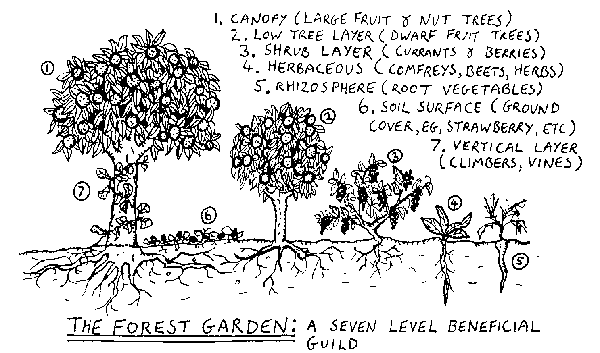
















paul wheaton wrote:
How long is a piece of string? Ballpark figures are okay.








There is nothing permanent in a culture dependent on such temporaries as civilization.
www.feralfarmagroforestry.com




Check out my Primal Prepper blog where I talk about permaculture, prepping, and the primal lifestyle... all the time! 




Mt.goat wrote:It would perhaps cost a million (estimate based on $100hr cost for machine and operator,all his ponds,62Kilometers?of terracing) for the excavator work alone and he paid for all this by selling some fish and doing tours?
"the qualities of these bacteria, like the heat of the sun, electricity, or the qualities of metals, are part of the storehouse of knowledge of all men. They are manifestations of the laws of nature, free to all men and reserved exclusively to none." SCOTUS, Funk Bros. Seed Co. v. Kale Inoculant Co.








Check out my Primal Prepper blog where I talk about permaculture, prepping, and the primal lifestyle... all the time! 




There is nothing permanent in a culture dependent on such temporaries as civilization.
www.feralfarmagroforestry.com








Mt.goat wrote:
How many places in the US could you do that?Marthas vineyard.The Bullocks should be able to pull that off in the san juans.Yes a few are able to find good niches but it would feel iresponsible for me to say "yeah,just go sell tours of your place for $100 a day.Its that easy"Also soil type is key for annual production but you have to pay for it usually.




Furthering Permaculture next to Lake Ontario.
www.oswego.edu/permaculture




Brenda
Bloom where you are planted.
http://restfultrailsfoodforestgarden.blogspot.com/












"the qualities of these bacteria, like the heat of the sun, electricity, or the qualities of metals, are part of the storehouse of knowledge of all men. They are manifestations of the laws of nature, free to all men and reserved exclusively to none." SCOTUS, Funk Bros. Seed Co. v. Kale Inoculant Co.





| I agree. Here's the link: http://stoves2.com |



